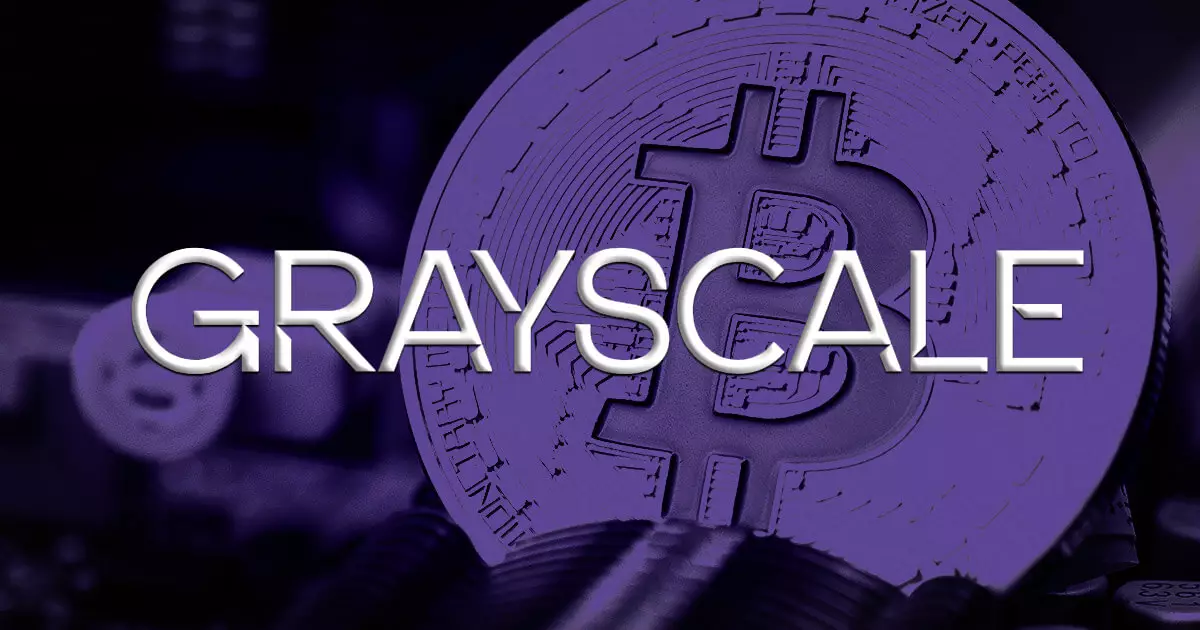A recent court ruling has led to a significant development in the U.S. Securities and Exchange Commission’s (SEC) stance on Bitcoin exchange-traded funds (ETFs). The SEC has chosen not to appeal the court’s decision, which found the rejection of Grayscale Investments’ application for a spot Bitcoin ETF to be unjust. This decision holds the potential to expedite the review of Grayscale’s application, as well as open doors for other asset managers such as BlackRock, Fidelity, and Invesco.
The SEC has consistently denied all spot Bitcoin ETF applications, including Grayscale’s, citing concerns over investor protection from market manipulation. However, Grayscale argued that the SEC’s approval of surveillance agreements for fraud prevention in Bitcoin futures-based ETFs should be sufficient for their spot ETF. They contended that both spot and futures funds rely on Bitcoin’s price and pose similar risks, making the SEC’s treatment inconsistent.
In August, the District of Columbia Court of Appeals deemed the SEC’s rejection of Grayscale’s proposed Bitcoin ETF as erroneous. The court agreed with Grayscale’s argument that the SEC failed to explain the meaningful distinction between spot and futures arrangements, leading to the arbitrary dismissal of the application. This ruling set a precedent and raised questions about the SEC’s approach towards Bitcoin ETFs.
The news of the SEC’s decision not to contest the court’s ruling has been well-received within the crypto community. Following the announcement, the price of Bitcoin (BTC) surged past the $27,000 mark, indicating optimism and positive sentiment among investors. The market believes that the SEC’s acceptance of a spot Bitcoin ETF would provide a new avenue for investors to access the world’s largest cryptocurrency without direct ownership.
With the SEC’s declination to appeal, asset managers like BlackRock, Fidelity, and Invesco now have the opportunity to pursue their spot Bitcoin ETF filings with the SEC. These firms have similar applications pending, and their fate now hinges on the SEC’s evaluation. If approved, these asset managers could offer investors exposure to Bitcoin without the complexities and risks associated with directly owning and storing the cryptocurrency.
This recent development signals a potential shift in the SEC’s stance on Bitcoin ETFs and highlights the growing demand for regulated investment products in the cryptocurrency space. The court’s ruling has opened the door for further discussion and exploration of the regulatory framework surrounding these investment vehicles. The SEC is expected to make decisions on pending spot Bitcoin ETF applications by next year, bringing greater clarity to the market and potentially attracting a new wave of institutional investors.
The SEC’s decision not to appeal the court’s ruling on Grayscale’s Bitcoin ETF application marks a significant turning point in the regulatory landscape for cryptocurrencies. This development creates new opportunities for asset managers and has sparked positive sentiment within the crypto community. As the SEC evaluates pending applications, the future of Bitcoin ETFs hangs in the balance, with the potential to reshape the investment landscape for digital assets.

